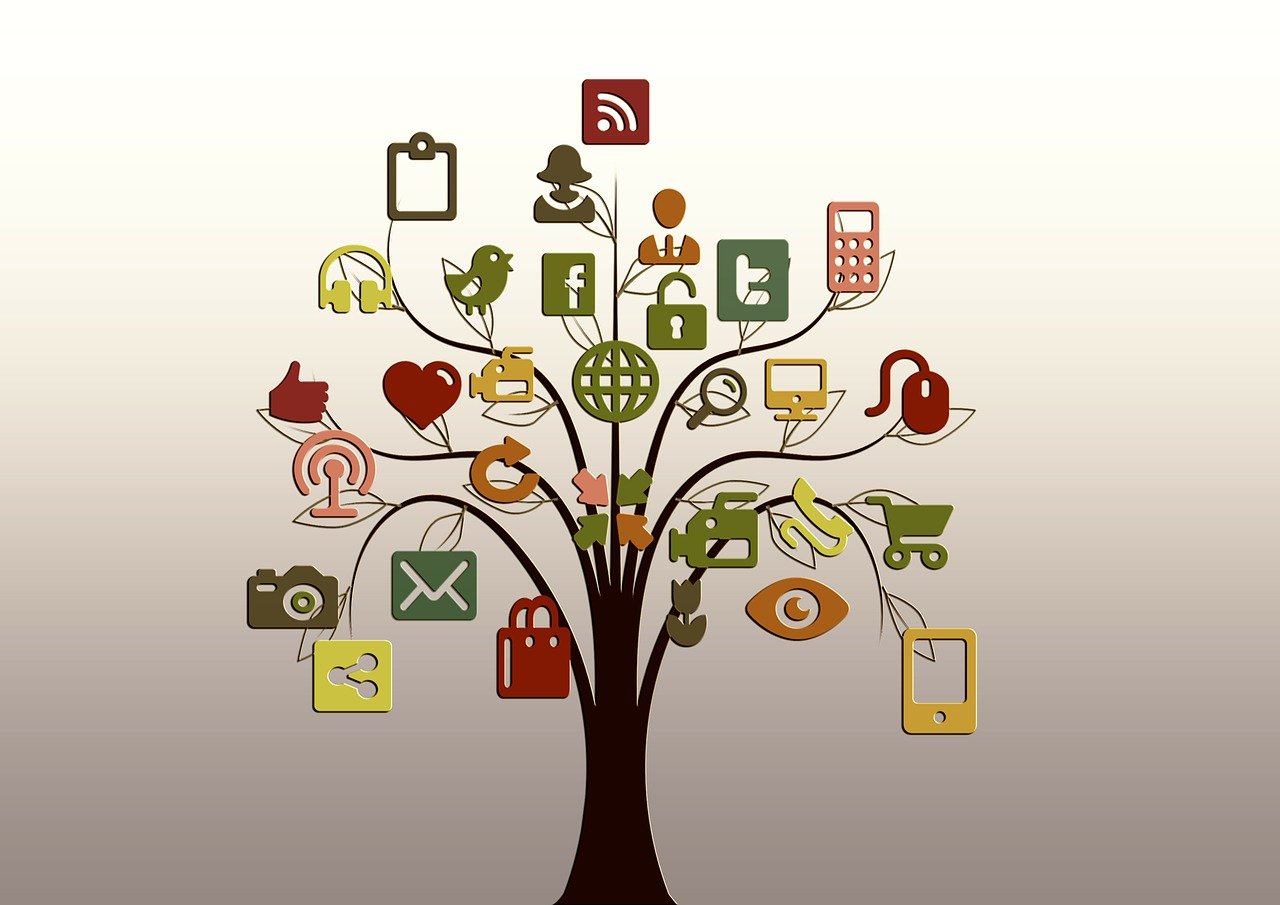
In today’s digital world, brands have access to a vast amount of data about their customers. With the right strategies, this data can be used to create highly personalized marketing campaigns, allowing brands to deliver experiences that resonate deeply with their audiences. Personalization is no longer a mere luxury or trend—it’s a critical factor in building relationships, improving engagement, and driving conversions. In this blog, we’ll dive into the power of personalization in digital marketing, examining its benefits and how to implement it effectively.
Why Personalization Matters in Digital Marketing
- Improves Customer Experience Personalization enhances the customer journey by providing content, products, and recommendations that align with individual preferences. Instead of receiving generic messages, customers are met with relevant, customized content that meets their specific needs. This not only makes interactions more enjoyable but also builds a sense of connection with the brand.
- Increases Engagement and Retention When brands take the time to understand and cater to individual preferences, customers are more likely to engage. For instance, personalized email marketing can drive higher open and click-through rates, as people are more inclined to interact with content that speaks directly to them. This targeted approach leads to increased customer retention, as consumers feel valued and understood.
- Boosts Conversion Rates Personalized marketing efforts often yield higher conversion rates. When customers are presented with relevant products or services tailored to their needs, the path to purchase becomes smoother and more appealing. For example, personalized product recommendations based on past purchases or browsing history can effectively nudge customers toward making a purchase.
- Builds Brand Loyalty and Trust Personalization creates a sense of familiarity and trust. When a brand tailors its messaging and offers based on individual preferences, customers feel valued and are more likely to return. This loyalty is invaluable in today’s competitive digital landscape, where customers have endless options and are quick to switch brands.
Key Elements of Effective Personalization in Digital Marketing
- Data Collection and Segmentation Data is the foundation of personalization. By collecting information on demographics, behavior, purchase history, and interests, brands can divide their audience into meaningful segments. This segmentation allows marketers to create campaigns that are relevant and tailored to each group’s specific needs.
- Dynamic Content Dynamic content adjusts automatically based on the recipient’s data, making it possible to deliver customized messaging. For example, an e-commerce brand might showcase different products on its homepage depending on the visitor’s past browsing behavior. Dynamic content enables brands to serve each user with a unique experience.
- AI and Machine Learning Artificial intelligence (AI) and machine learning (ML) can take personalization to the next level by analyzing large datasets and making predictions about future behavior. AI-powered tools can recommend products, predict customer needs, and automate responses, all while learning from customer interactions to improve over time.
- Personalized Email Marketing Email is one of the most popular and effective channels for personalized marketing. Brands can use email to send customized messages based on user behavior, preferences, and purchase history. For example, a fashion brand might send an email suggesting winter jackets to a customer who recently bought winter boots. Personalized emails can significantly increase open rates and conversion rates.
- Location-Based Personalization Geotargeting allows brands to customize content based on a user’s location. This tactic is especially valuable for businesses with physical locations or those running location-specific promotions. By targeting customers with relevant offers based on their geographic location, brands can create timely, relevant interactions.
Examples of Personalization in Digital Marketing
- Netflix and Content Recommendations Netflix has mastered the art of personalization by recommending movies and shows based on users’ viewing history and ratings. The platform’s algorithms suggest content based on what the user has enjoyed in the past, creating a tailored viewing experience that keeps subscribers engaged.
- Amazon’s Product Suggestions Amazon leverages customer purchase and browsing history to suggest products that align with the customer’s interests. From “recommended for you” sections to “customers also bought” prompts, Amazon uses personalization to drive repeat purchases and boost conversion rates.
- Spotify’s Playlists and Recommendations Spotify uses personalization by creating custom playlists such as Discover Weekly and Daily Mix, tailored to each listener’s unique taste. This keeps users engaged with the app, as they are regularly presented with fresh, relevant content.
Implementing Personalization in Your Digital Marketing Strategy
- Start Small and Build Personalization doesn’t have to be overwhelming. Start by segmenting your email list or setting up basic product recommendations. As you gain insights, you can gradually expand your personalization efforts to include more advanced tactics like dynamic content and AI-driven predictions.
- Invest in the Right Tools Numerous tools and platforms are available to help with personalization. For instance, customer relationship management (CRM) software can help you manage customer data, while marketing automation tools can streamline the delivery of personalized content.
- Monitor and Optimize Personalization is an ongoing process. Regularly analyze the performance of your personalized campaigns, and adjust your strategies as needed. Pay attention to metrics like engagement rates, conversion rates, and customer feedback to fine-tune your approach.
- Respect Privacy and Compliance Transparency is essential when it comes to personalization. Make sure to communicate how customer data is used and ensure compliance with data protection regulations. Respecting customer privacy builds trust and encourages users to share their data willingly.
The Future of Personalization in Digital Marketing
As technology continues to evolve, personalization will become even more precise and effective. With advancements in AI, machine learning, and real-time data processing, marketers will be able to anticipate customer needs and deliver hyper-personalized experiences. Voice assistants, augmented reality (AR), and predictive analytics are just a few of the exciting tools that will drive the future of personalized marketing.
Conclusion
The power of personalization in digital marketing lies in its ability to forge meaningful connections with customers. By delivering relevant, tailored content, brands can improve customer experiences, foster loyalty, and drive significant results. Personalization is not just a marketing tactic—it’s a commitment to understanding and valuing each customer as an individual. As you incorporate personalization into your digital strategy, you’ll find it’s one of the most effective ways to stand out in a crowded marketplace and build a lasting relationship with your audience.
Read for more blogs www.jaysdigitalhub.com







